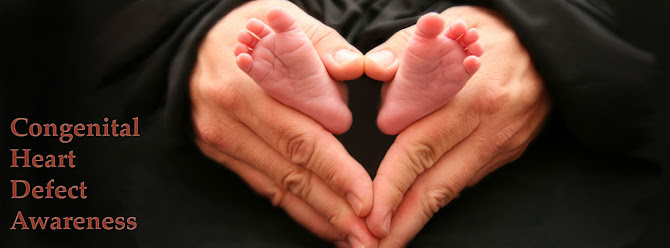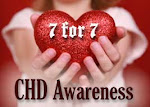GROWN UP “HEART KID” FEATURED ON SEASON FINALE OF LIFETIME TELEVISION’S HIT SERIES “HOW TO LOOK GOOD NAKED"PHILADELPHIA – SEPTEMBER 04, 2008 – The Adult Congenital Heart Association (ACHA) announced today that congenital heart defect (CHD) survivor, Heather Magee, will be featured on the season finale of Lifetime Television’s hit series, “How To Look Good Naked,” airing September 9 at 10:00 PM EST.
Magee, a survivor of two childhood surgeries to correct a congenital heart defect that left her with only one working ventricle, the most recent of which was performed in October 2007, confronts her body image on the show in the wake of multiple scars, both physical from the incisions, and the mental impact of coping with a congenital heart defect as an adult.
“For almost twenty years I lived under a false sense of security that my heart condition was a childhood problem that was fixed long ago,” said Magee. “When I discovered four years ago that CHD is a lifelong struggle that requires ongoing care, it threw me for a tailspin. Not only did I suffer physically from my condition and the resulting corrective surgery, but mentally as well. I participated in ‘How To Look Good Naked’ both to raise my self esteem after a traumatic time in my life, and also to raise awareness among the millions of adults living with CHD that they must seek treatment for their condition if they aren’t already doing so.”
Approximately 1.8 million adults in the United States are living with congenital heart defects. Most, like Magee, underwent open-heart surgery as an infant or child, and drop out of special congenital heart care, as they believe themselves to be “fixed.” However, recent evidence shows that heart procedures performed on young children may weaken over time, leading to serious health complications as early as young adulthood.
Magee’s appearance on the season finale of “How To Look Good Naked” will do more than just increase awareness of congenital heart defects among the viewing audience, it will help raise the funds necessary to continue the ACHA’s mission. For the first time in the series’ history, the episode also served as a fundraiser. The show featured Magee and other adults living with CHD in a charity fashion show that raised $10,000, which will be divided between the ACHA and the Ahmanson/UCLA Adult Congenital Heart Disease Center (Ahmanson/UCLA ACHD Center), where Magee was treated for her condition.
More about the show can be found at
Lifetime's website.
For More Information:
Anna Espe, Development Associate
Adult Congenital Heart Association
215-849-1260
aespe@achaheart.org

